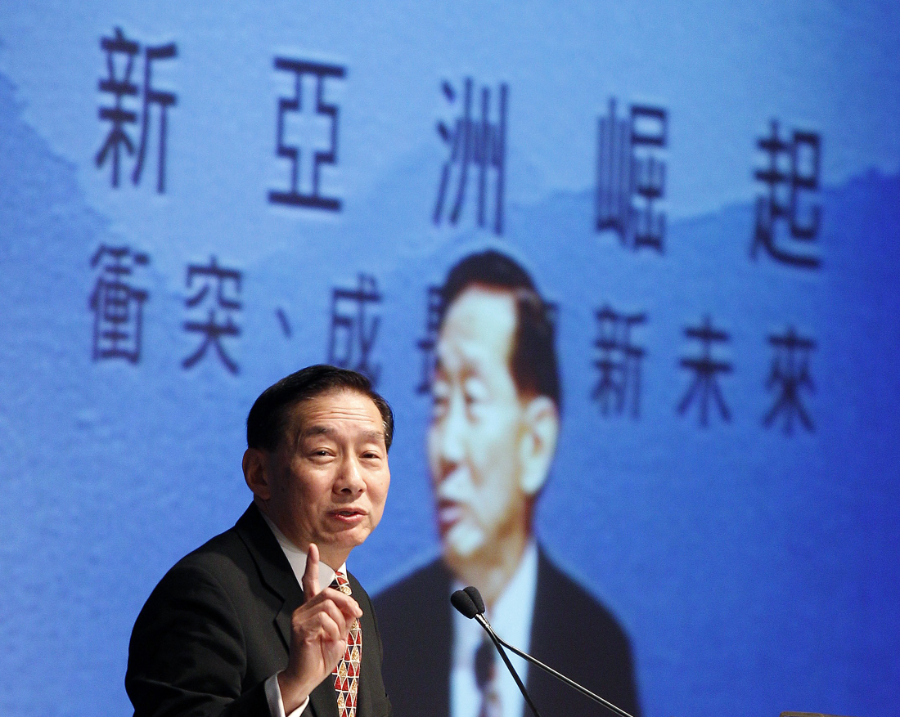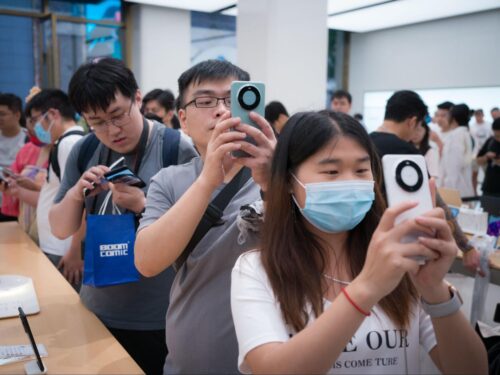HSBC is stuck in the middle
HSBC was founded more than 150 years ago to finance trade ties between China and Europe. Now, the London-based bank faces criticism from both the U.S. and China as tensions grow.

HSBC was founded as the Hong Kong Shanghai Banking Corporation in Hong Kong more than 150 years ago to finance trade ties between China and Europe. Now the London-based bank faces criticism from both the U.S. and China as tensions grow.
Secretary of State Mike Pompeo calls the bank’s backing of Beijing’s national security legislation for Hong Kong a “corporate kowtow.” Last week, HSBC posted a photo on Chinese social media of Asia Pacific CEO Peter Wong Tung-shun (王冬勝 Wáng Dōngshèng) signing a petition supporting the law.
Pompeo said the move “seems to have earned HSBC little respect in Beijing, which continues to use the bank’s business in China as political leverage against London.”
China isn’t happy with HSBC, either. The state-run Global Times newspaper says the bank may have helped the U.S. “set a trap for Huawei’s Chief Financial Officer Meng Wanzhou.”
“If the claims are found to be true, HSBC will no longer be a victim but a criminal set to face sanctions under Chinese law,” the Global Times continued, saying “the bank had its own issues in the face of U.S. sanctions, which are also believed to be among its reasons for ‘betraying Huawei.’”
In addition, the Global Times article criticized HSBC for having a “lingering ambiguous attitude” toward Beijing’s national security law on Hong Kong.
But HSBC’s position on the legislation is not ambiguous enough for some of the bank’s top European shareholders, including Aviva Investors, which is among the largest fund managers in Europe.
David Cumming, Aviva’s chief investment officer for equities, says, “We are uneasy at the decisions of HSBC and Standard Chartered to publicly support the proposed new national security law in Hong Kong without knowing the details of the law or how it will operate in practice.”
HSBC will continue to sit uncomfortably at the intersection of rising global tensions as Huawei rolls out a massive PR campaign this summer to convince British politicians to let it help build the country’s 5G network.





